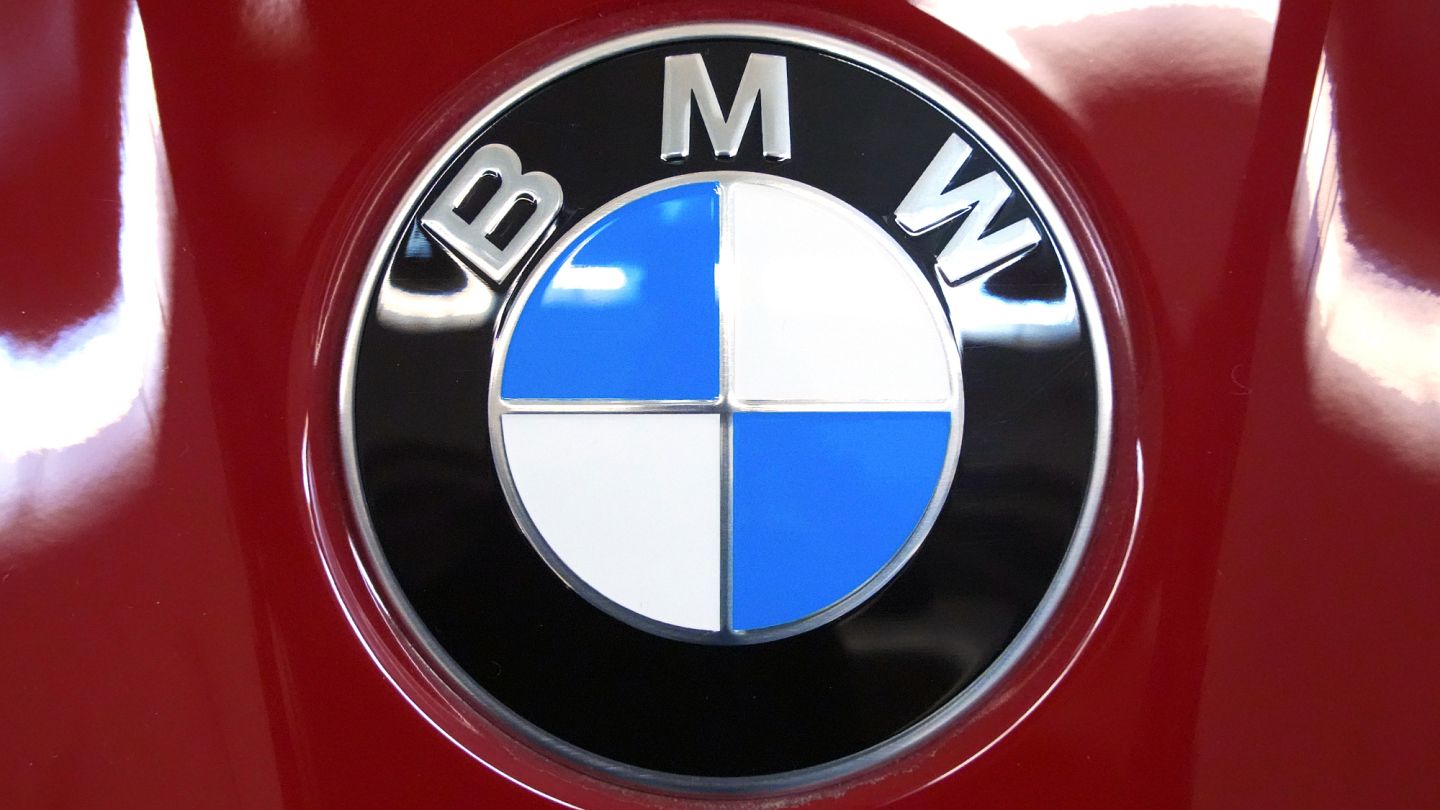BMW's sales in China have fallen to their lowest level in the last 5 years.
The German car manufacturer announced a 1.4% decline in global sales due to weak demand in China, while Trump's car tariffs will also be a determining factor in the upcoming period.
BMW experienced a 1.4% loss in first-quarter sales of 2025, delivering a total of 586,149 vehicles. While the company had a more profitable period in Europe, it recorded a 6.2% increase in sales in the region. However, the 17.2% loss in China directly affected global sales. With this drop in the Chinese market, BMW reported its lowest figures in the country since 2020. Meanwhile, sales in Germany saw a 1.3% decline, while consumer interest in America was stronger compared to previous periods. In Latin America, Central America, and North America, increases ranging from 4.1% to 5.4% were observed. Struggling to compete with local brands like BYD in China, BMW was affected by the real estate crisis and the subsequent economic fluctuations in the country. Other European manufacturers such as Porsche, Mercedes-Benz, and Volkswagen shared the same fate, seeing declines in their sales in China. A notable detail for BMW was the 64.2% increase in electric vehicle sales in Europe compared to the previous year. In the first three months of the year, they delivered a total of 109,516 fully electric vehicles, indicating a 32.4% increase worldwide. Jochen Goller, BMW's Board Member responsible for customer, brand, and sales, stated, "One in three MINIs sold in Europe and one in two vehicles sold in China were fully electric." The success of BMW's electric vehicle models coincides with a period when other car manufacturers are pondering the future of gasoline and diesel vehicles. Companies in Europe are complaining about changing emission targets, inadequate incentive programs, competition from Chinese rivals selling vehicles at lower prices, and the slower-than-expected proliferation of charging infrastructure.


